3, October 2019
Grand National Dialogue in Yaounde goes on without Southern Cameroonians 0
Cameroon President Paul Biya announced the National Dialogue earlier in September when he also called on all the Separatists in the South West and North West English-speaking regions to surrender and be forgiven. Nearly 3 000 people have died since 2017 in regions. This number includes 300 defence and security personnel. The violence has forced more than 500 000 people to flee their homes.
Separatists want international mediation
The National Dialogue being led by Cameroon’s Prime Minister Joseph Dion Ngute extends through Friday in the capital, Yaounde. Prime Minister Ngute asked the more than 1 000 delgates at the Yaounde conference centre Monday if they would want to make history by bringing peace or war.
The Separatists have refused to attend the talks, demanding that the government release their leader Julius Ayuk Tabe, who was sentenced to life imprisonment in August by a military tribunal that found him guilty of crimes including secession and hostilities against the state.
The rebel groups also say they would only agree to such negotiations if they take place in a foreign country with UN mediators and in the presence of world powers such as the United States, Britain, France and Germany.
In his national address at the beginning of September, President Biya denied any marginalisation of English-speaking regions, saying he has always appointed Cabinet ministers from the troubled areas.
English-speaking regions feel marginalised
On Monday, the prime minister said by solving issues of marginalisation, even without the presence of the separatists, many fighters would give up their struggle.
The violence first erupted in 2016 when teachers and lawyers protested against alleged discrimination at the hands of Cameroon’s French-speaking majority. English speakers make up 20 per cent of the country’s 24 million people and have long complained of being marginalised by the French-speaking majority.
The government responded with a crackdown that sparked an armed movement for an independent, English-speaking state called Ambazonia.
Source: Vatican News


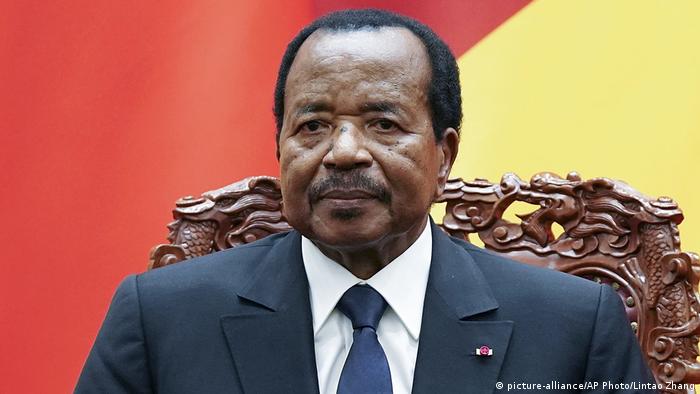



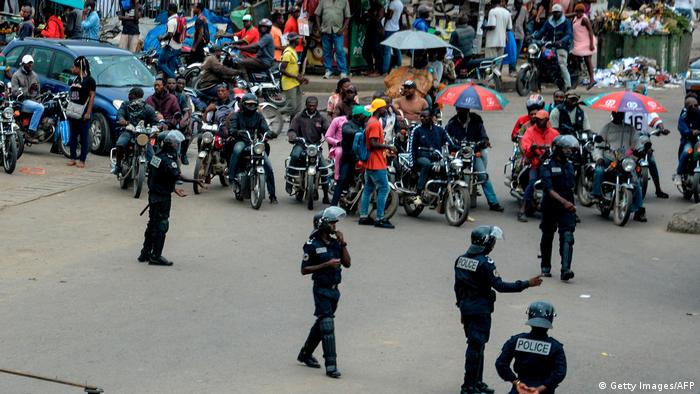
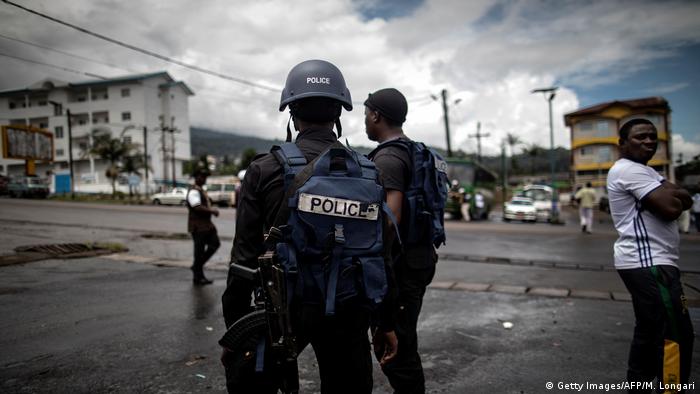
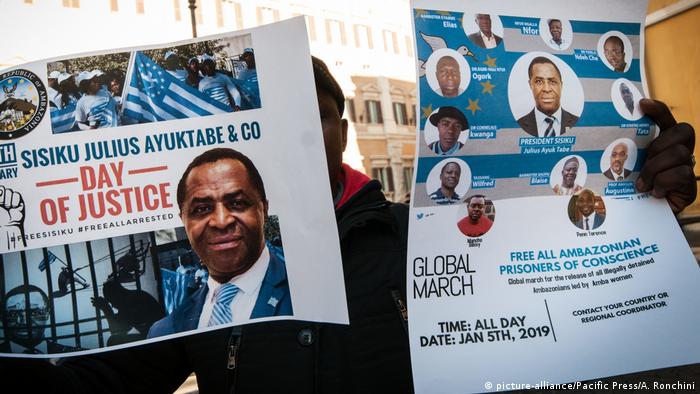

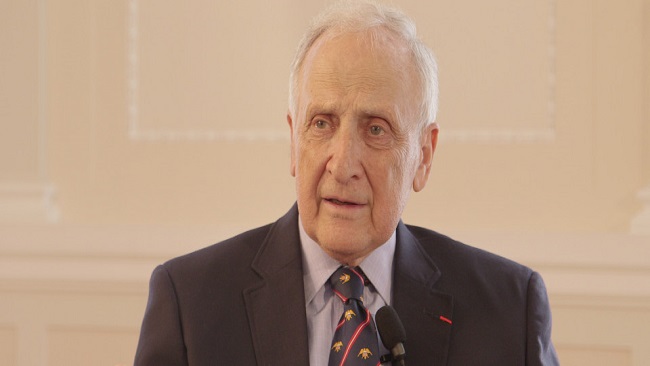


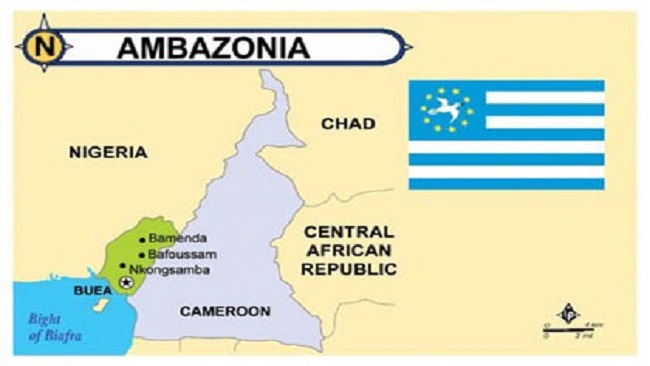
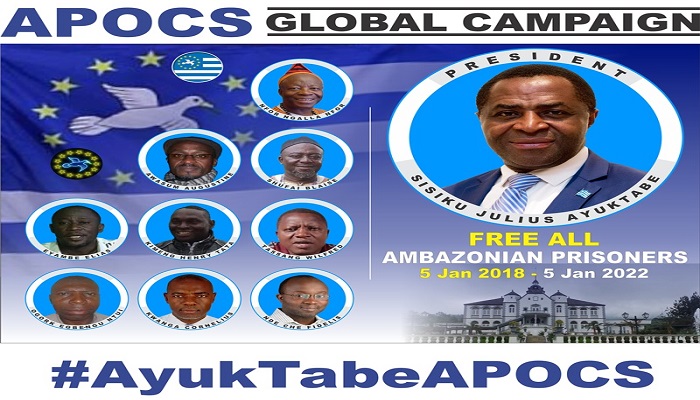

















3, October 2019
The fault lines in Cameroon’s national peace talks 0
The week-long discussions to end fighting between government forces and militias in Cameroon’s English-speaking regions started on Monday, September 30, 2019, in the country’s centralized capital Yaoundé. However, citizens have lingering fears that the peace dialogues won’t put the crisis to rest.
Cameroon leader, Paul Biya, who has ruled the country since 1982, summoned the dialogue on September 10, to resolve a three-year-old insurgency. The conflict has led to the deaths of about 2,000 people and displaced more than 500,000 in Anglophone northwest and southwest regions, according to the United Nations.
Minority English-speaking Cameroonians feel marginalized by the Francophone majority, who say the French-speaking government promotes oppressive policies and laws. The protest movement, led mostly by teachers and lawyers, evolved into a militant separatist movement calling for the secession of English-speaking Cameroon
Netizen Batata Boris Karloff said on Twitter that the talks would “make or break the fractured country:”
Batata Boris Karloff@KarloffBatata
The much talked about Major #NationalDialogue begins in #Yaounde today.
The outcome of the five days talks would either make or break the break the fractured country
38:57 AM – Sep 30, 2019Twitter Ads info and privacySee Batata Boris Karloff’s other Tweets
Separatist and opposition leaders waved aside
Nonetheless, the government-led talks have ignored separatist leader, Julius Ayuk Tabe, who, alongside other members, received a life sentence in jail in August this year.
Tabe heads a movement that is trying to form a breakaway state from mainland Cameroon, called Ambazonia, and movement leaders have openly shown disdain for the conference.
“No Ambazonian will take part in Biya’s charade,” Ayaba Cho, a leading separatist abroad, told Reuters.
Also, the leader of the Cameroon Renaissance Movement party, Maurice Kamto, who was arrested in January this year for orchestrating post-election protests, isn’t at the discussion table. His party has denied attendance until the government releases Kamto.
Vy on Twitter also shared doubts over the dialogues:
Vy@Vy_mbanwie
This is why #SouthernCameroons must be Free! #NationalDialogue of stupidity! “Wishes” NOT “Whishes”. We’ve had effort of the foolishness! @UN Divide this damn Country & #LetMyPeopleGo #ReleaseAbdulKarimAli #FreeAllArrested @UNHumanRights @hrw @CohenOnAfrica
Government-dictated dialogue
Many moderate Anglophones want constitutional changes, with a return to the federal system being key, but the Biya regime doesn’t have that on the agenda:
Instead, the Biya government created eight commissions as part of the peace dialogues that only focus on decentralization, a system put into place by Biya in 1996.
Former presidential hopeful, Akere Muna, who is attending the national dialogues, told Reuters on September 30: “It is farcical to not have a commission to discuss federalism, which is at the core of all of this.”
He further expressed his frustration at the government’s dictatorship of the event on Twitter:
“Sultan Mbombo Njoya (one of Cameroon’s ethnic rulers) calls for limitation on the Presidential term of office to 2x5years and two round Presidential election. The PM (Joseph Dion Ngute who is chairing the discussions) reminds us to stick to the agenda and not to go out of topic.”
For context, French and English Cameroon became one nation in 1961 under a federal system, where the latter had their own autonomy with their own police, government and judicial system. But federalism was abolished by President Biya’s predecessor, Ahmadou Ahidjo in 1972 – creating a united republic which the 86-year-old Biya has strengthened and centralized over the years.
Now, many want that era back, including a man named Martin, who works as a carpenter in Mutengene, a city along Cameroon’s western coast. He declined to give his last name fearing reprisal by government or separatists.
“I don’t see anything coming out of that meeting in Yaoundé. We talked about federalism but it’s not mentioned by [the] government. To me, it is a meeting of [Cameroon People’s Democratic Movement] CPDM supporters,” he told Global Voices on Sunday, September 29 in Buea, while attending a church service.
For Relly Ebini, who works as a cameraman in Buea, a central Anglophone city, he strongly holds federalism will be the best thing out of the discussion.
“I want to believe the discussion will lean on federalism. That is what we Anglophones want and I believe it will put a stop to the crisis,” he told Global Voices on Sunday, September 29.
With so many people displaced, Martin hopes he will one day visit his village in the northwest region again:
“When the crisis started in 2016, I had not gone to my village. It’s been four years now, I haven’t been there because of the conflict,” he said.
Source: Global Voices